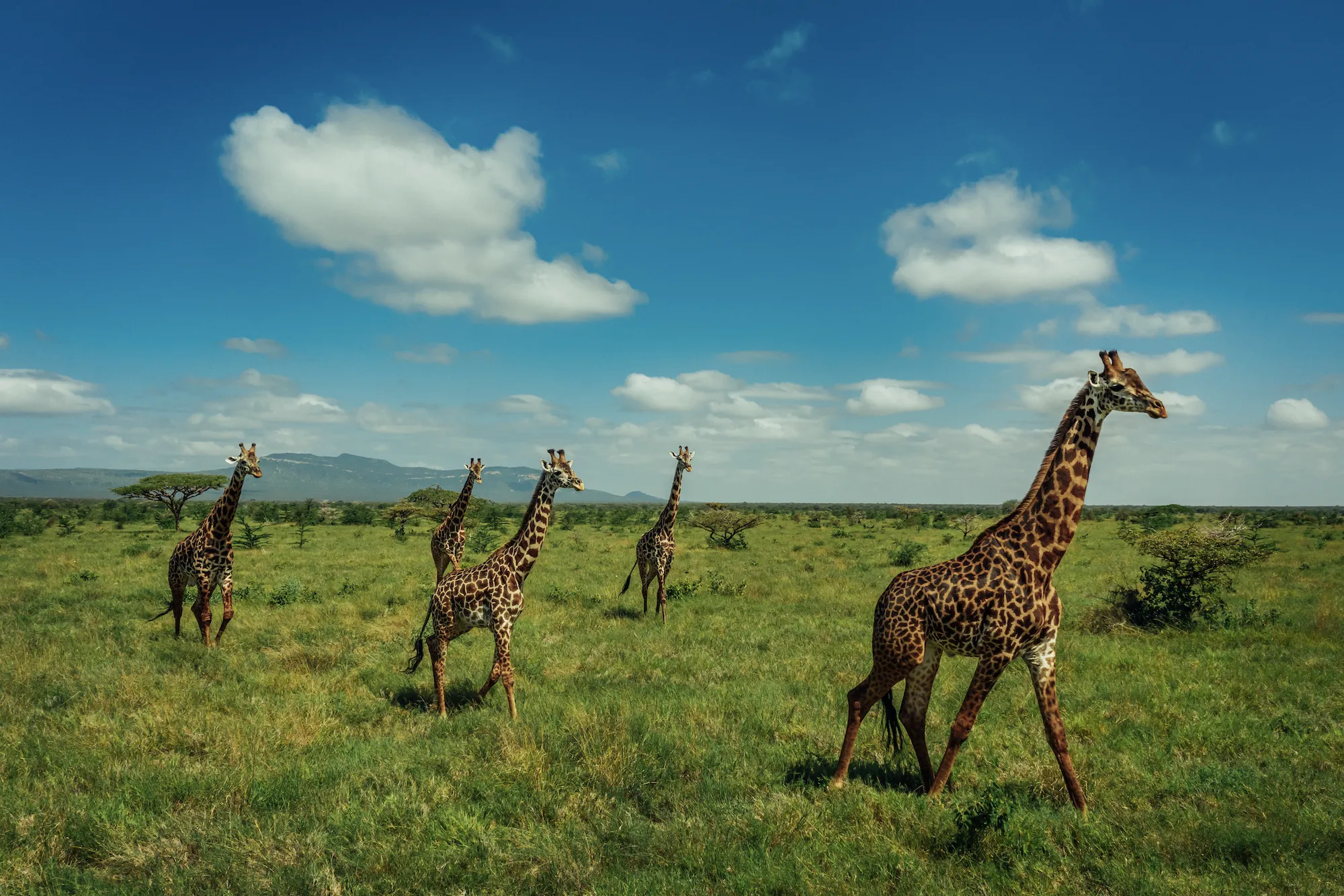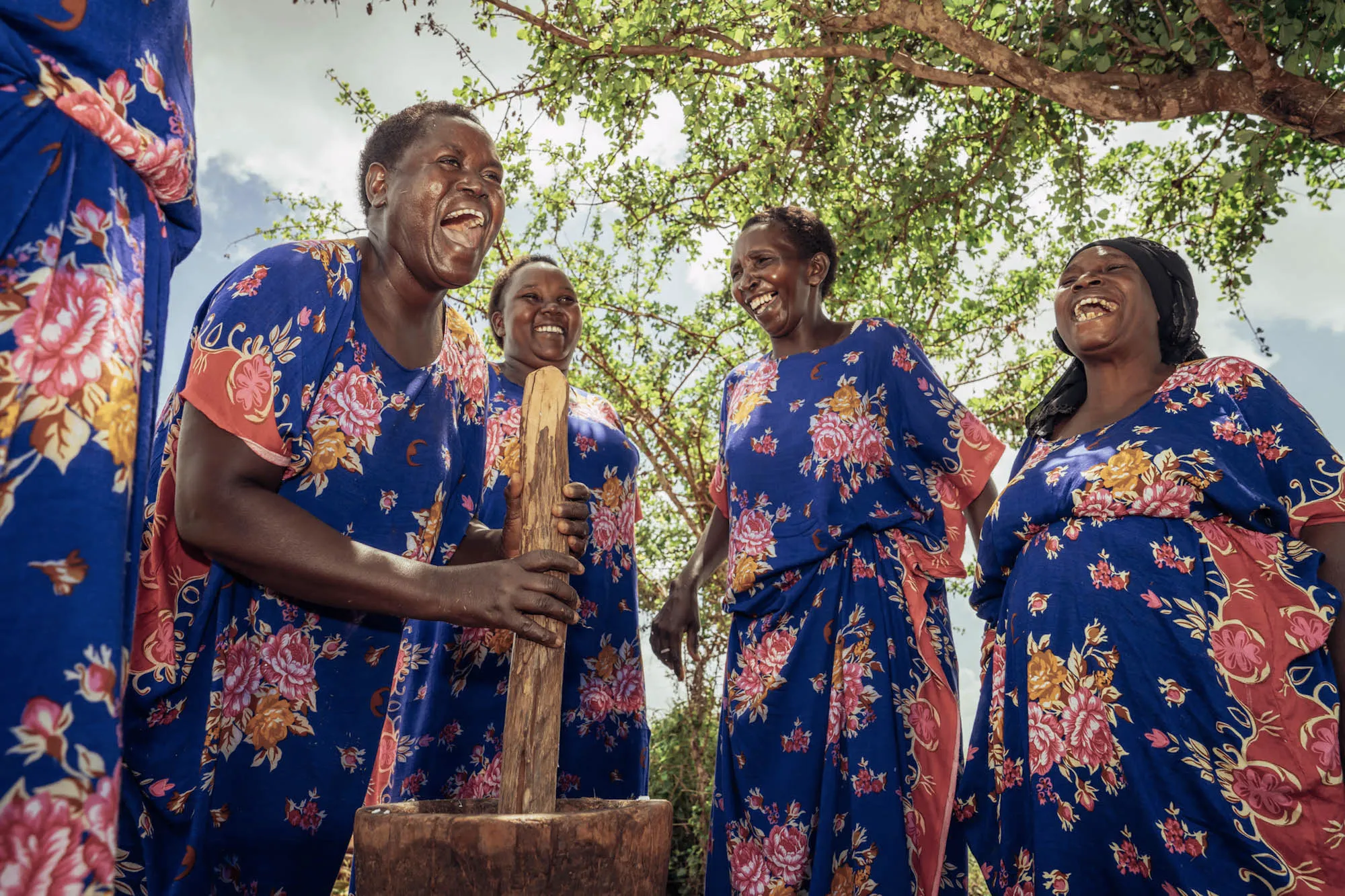
Our radical transparency in forest carbon financing and money flows
March 19, 2024
By Josh Berry
Equitable Earth is building a transparent new forest carbon standard, methodology and platform. In this collaborative effort involving multiple stakeholders, we frequently encounter challenges in our decision making processes. These decisions often pit the interests of carbon market stakeholders in the Global North against the interests of local communities in the Global South – where the real work of stopping forest loss happens.
Throughout the history of carbon markets, many decisions have been made to reduce risk for the Global North while increasing risk for local communities in the Global South.
We believe that our decisions must first and foremost benefit Indigenous Peoples and local communities (IP&LCs) in the Global South. Beyond fairness and justice, this approach ensures better and more durable conservation efforts while fortifying the trustworthiness and resilience of the voluntary carbon market. In this way, policy choices that place IP&LCs at the center of Equitable Earth’s forest carbon standard also provide exactly what market stakeholders need.
The crucial choices we are making in our design and policymaking include strong requirements for revenue sharing and full transparency of money flows:
- Every forest carbon project will be required to have a revenue sharing model that is co-developed, approved by, and transparently shared with the local community. This revenue sharing with the local community will be subject to Equitable Earth standards of fairness and equity that are based on principles developed by Peoples Forests Partnership, evaluated in each project’s audit process, and disclosed publicly.
- Equitable Earth will require projects to disclose their actual financial expenditures, ensuring that each project conforms to its revenue sharing agreements with the local community and other stakeholders.
- Equitable Earth will evaluate each forest carbon project’s financial investments in relation to its conservation and community development goals. This will provide concrete evidence of project effectiveness for investors, buyers and stakeholders.
- Equitable Earth is committed to ensuring that carbon market information – including pricing and transaction volumes – are always accessible to IP&LC partners for their projects. This makes it easier for local communities of the Global South to make their own decisions as to what’s fair for them.
We choose radical transparency of money flows for Indigenous Peoples and local communities who are the frontline protectors of the planet’s forests and biodiversity.
This full transparency leads to a stronger and better voluntary carbon market because it drives funding directly to IP&LCs – the ones who are actively protecting forests for all of humanity.
In future posts we will explore other details about our new forest carbon standard, methodology and platform, including:
- Best available technologies we’re using for measuring and reporting forest carbon, conservation data, and project quality and impact.
- How our pioneering policies and requirements for community empowerment and Free, Prior and Informed Consent will ensure that Indigenous Peoples and local communities are full and equal partners in forest carbon projects.
